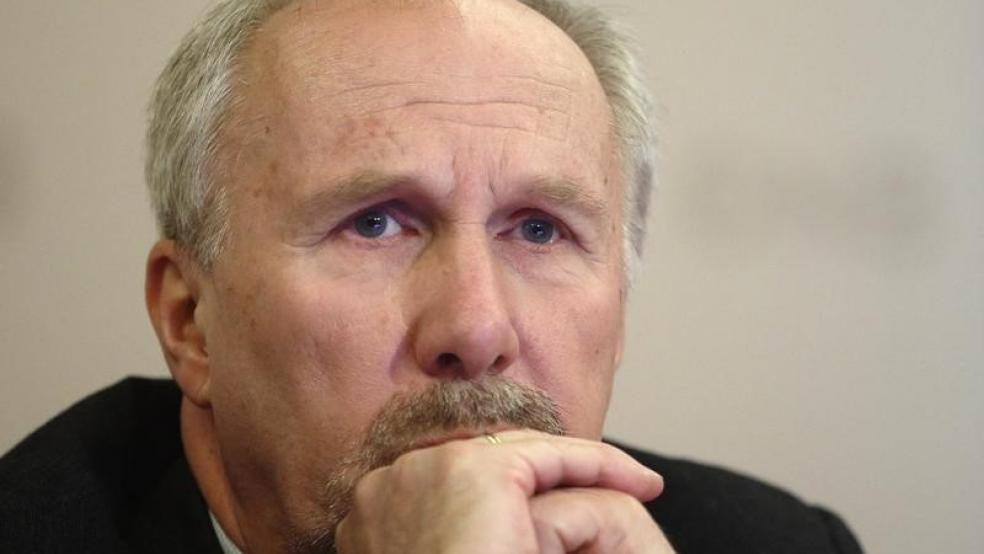ATHENS (Reuters) - Greece ordered state entities from municipalities to a fund meant for future generations to park idle cash at the central bank in a scramble on Monday to pay its bills.
With IMF loan repayments due next month, Greece has been tapping into public cash reserves in temporary transactions.The latest demand shows how extreme the financial constraints on Greek Prime Minister Alexis Tsipras have become as he tries to convince foreign creditors to extend new financial aid. Monday's legislative order includes local administration but excludes pension funds and some state-owned firms. Cash reserves that are needed by these bodies for their immediate payment needs are also excluded from the regulation.Raising pressure on the government, local officials threatened to defy the decision, which needs parliamentary approval. Most opposition parties said the decision was arbitrary. "The government's despair in an effort to find available cash is so great that it doesn't even respect the constitution," said conservative lawmaker and former administrative reform minister Kyriakos Mitsotakis.He urged a swift deal with Greece's official lenders, who have so far dismissed government plans as vague and inadequate. "Greece must take its responsibilities," French Finance Minister Michel Sapin told BFM TV. "Greece must go faster now. We're wasting time and time is precious on this matter." The latest effort to harness spare cash means parking money that a public body does not need immediately at the Bank of Greece. The money is lent to the debt agency for one to 15 days against collateral and is paid back with interest at expiry.Greek finance ministry officials told Reuters last week that Athens will need to tap all the remaining cash reserves across its public sector, a total of 2 billion euros ($2.2 billion), to pay civil service wages and pensions at the end of the month. The finance ministry denied this.Greece must repay the International Monetary Fund almost 1 billion euros due next month. Athens has said it wants to honor its debt obligations but government officials have said that wages and pensions would be a priority. Tsipras needs to present detailed plans to reform the economy before a meeting of euro zone finance ministers in Riga on April 24 to prevent a default which could trigger a 'Grexit' from the euro. The next regular Eurogroup meeting is on May 11, just a day before the IMF requires a 750 million euro loan repayment.On Monday, ECB Vice President Vitor Constancio said that a Greek exit was not an option and that a default by a euro zone state would have no automatic impact for its banks."We are convinced at the European Central Bank that there will be no Greek exit. The Treaty does not foresee that a country can be formally, legally expelled from the euro. We think it should not happen," Constancio told lawmakers. (Additional reporting by Ingrid Melander; Editing by Ruth Pitchford)Greece requisitions spare cash in dash to stay solvent

HEINZ-PETER BADER



